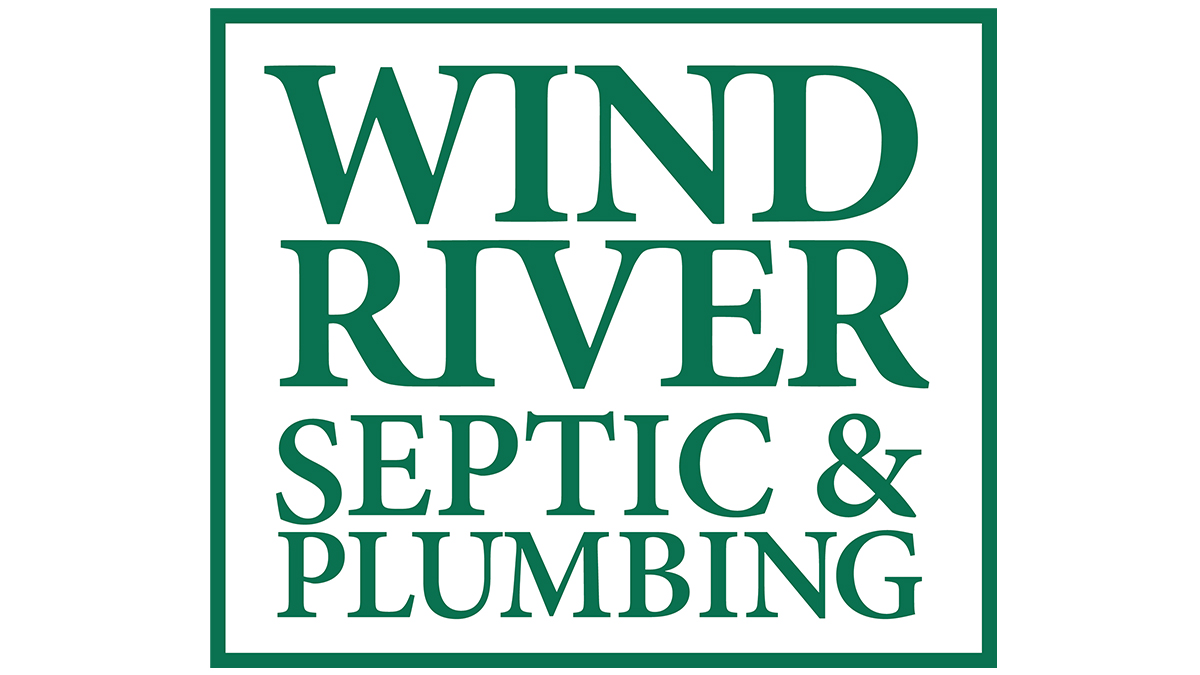In recent months, we have seen an increase in previously unregulated areas where local and state governments are attempting to monitor maintenance and or regulate systems that require more regular maintenance to operate properly. Alternative On-site Sewage Systems (AOSS) have been a consideration in a couple of states to address some of the issues, but it all boils down to driving proper maintenance to protect the impact on the environment. On the heels of many implications of septic impacts on local water supplies and estuaries, governments are looking to make a difference in those impacts by getting more involved in 2 major perspectives.
Influence or Mandate the Types of Systems installed
In Florida, the governor has signed HB-1379 that impacts all but 10 Florida counties. The bill revises several statutes related to Basin Management Action Plans (BMAPs) as well as 381.0065, Florida Statutes. Notably, the statutory changes require new system construction permits on lots of one acre or less to include enhanced nutrient reduction OSTDS (ENR-OSTDS) in BMAP areas, Reasonable Assurance Plan (RAP) areas, and Pollution Reduction Plan (PRP) areas. The treatment systems meeting these requirements are the same as those previously used to meet the requirements for outstanding Florida Springs Priority Focus Areas. The 57 affected counties are listed below. This legislation will become effective on July 1, 2023. We see an opportunity in Florida taken to mandate systems that do not pose nearly the risk to the local water sources that traditional systems would when maintained properly and it affects all 6 of our Florida operations.
Implement Regulations to Support Proper Maintenance
Virginia has taken a different approach near our Middle Peninsula team of Church View Septic by regulating the proper cycle of maintenance on existing AOSS. We have recently notified our customers of the changes enacted by the localities there regarding AOSS and are actively developing plans to give our customers more peace of mind when it comes to remaining compliant with these regulations. In other areas, like Honesdale, PA, where we are better known as Koberlein Environmental, we are seeing similar regulations looking to monitor regular pumping and inspections on traditional septic systems in the area to reduce risk to the vital lakes in the area. There have been many states in the Northeast and Mid-Atlantic states for years, but we are seeing more participation from governments where we have historically not seen many regulations.
It is always promising to see the concern around proper maintenance as well as freedoms allocated to provide homeowners options when establishing their systems without the heavy investments by municipalities and local governments in mandating and installing sewer facilities to more rural areas that could be burdensome on some taxation levels for residents.
For more awareness, see the information resources below.
Information Resources:
- Three types of systems are available to address enhanced nutrient reduction requirements. An overview (for springs BMAP areas) is here: https://floridadep.gov/water/onsite-sewage/documents/nitrogen-reducing-systems-springs-protection
- Approved NSF 245 listing (245 Certified Aerobic Treatment Units | Florida Department of Environmental Protection)
- Approved Nitrogen-reducing PBTS listing (Nitrogen Reducing Performance-Based Treatment Systems | Florida Department of Environmental Protection)
- Virginia Department of Health Water and Wastewater Services Page (www.vdh.virginia.gov/environmental-health/onsite-sewage-water-services-updated/)
- Honesdale, PA, Chapter 166 regulations page (https://ecode360.com/12990430)



